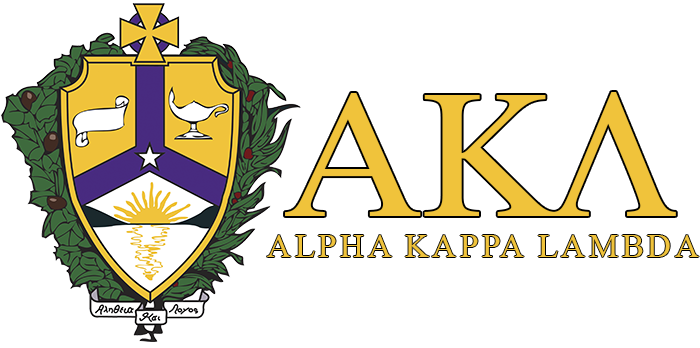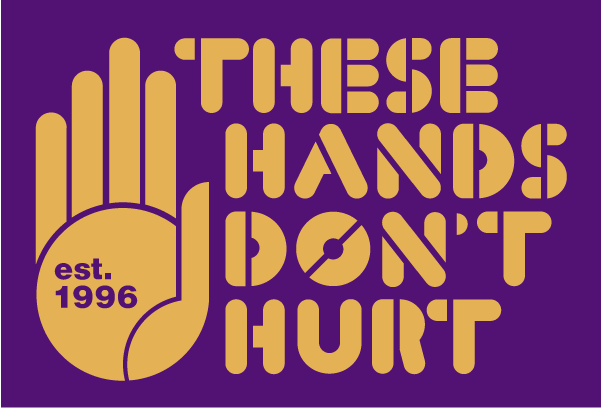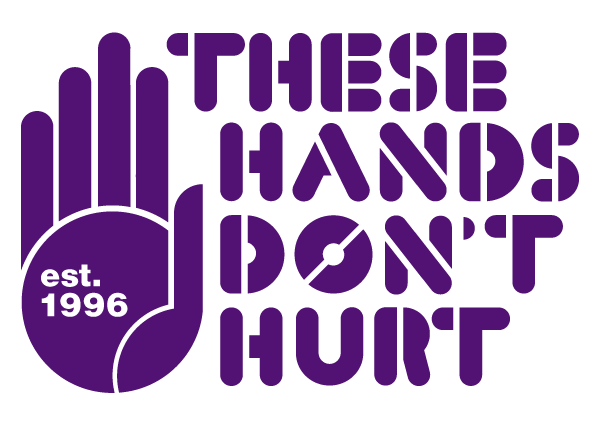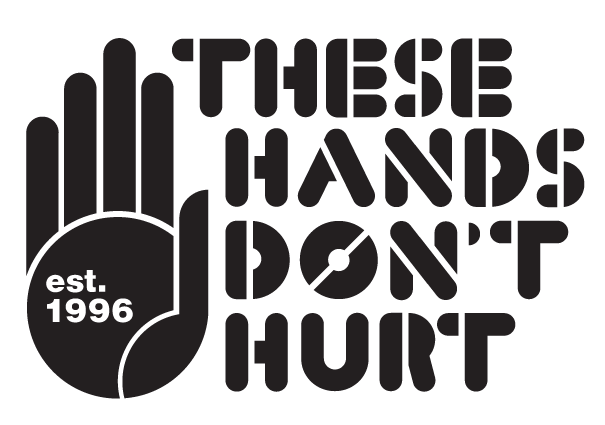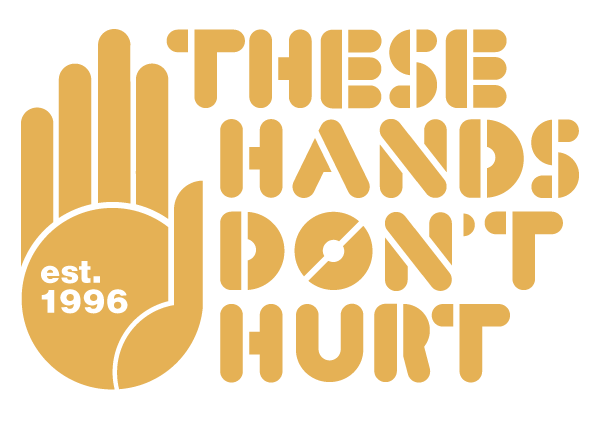“These Hands Don’t Hurt” Philosophy
The Fraternity of Alpha Kappa Lambda recognizes that sexual assault and domestic violence are serious and urgent issues in today’s society. While “These Hands Don’t Hurt” was created to raise awareness and educate college students about these problems, simply increasing awareness is no longer enough.
Many people are aware of these issues, but lack a deep understanding that truly influences behavior. Real change comes from understanding the complexities and impacts of these problems in meaningful ways. Since behavior ultimately helps or harms, our efforts must focus on effectively shaping and changing those behaviors. With this in mind, “These Hands Don’t Hurt” is evolving to meet the challenges of today. We must work to change individual behavior—not only among college men but within the entire community. This is a complex process that goes beyond raising awareness or explaining policies; settling for these limited goals risks creating a false sense of accomplishment.
The campaign will adapt by emphasizing education, service, and philanthropic projects, starting on college campuses. As Alpha Kappa Lambda’s national philanthropy, “These Hands Don’t Hurt” aims to empower chapters and members to build supportive and safe environments on their campuses and within their communities.
Sexual Assault Awareness Month (SAAM) – April
Sexual Assault Awareness Month (SAAM) is an important annual campaign dedicated to raising public awareness about sexual assault and empowering communities and individuals to take action toward prevention. Observed every April, SAAM mobilizes a diverse range of participants—including state, territory, tribal, and community organizations, rape crisis centers, government agencies, businesses, college campuses, and concerned individuals—to host events and activities that educate the public on the realities and impacts of sexual violence.
SAAM frames sexual violence not only as a pervasive public health crisis but also as a fundamental human rights and social justice issue. Through education, advocacy, and community engagement, SAAM reinforces the urgent need for comprehensive prevention efforts. It encourages society to challenge the cultural norms and systemic barriers that allow sexual violence to persist, fostering safer, more respectful environments for all.
By participating in SAAM, organizations and individuals contribute to a national movement aimed at ending sexual violence and supporting survivors on their path to healing and justice.
Domestic Violence Awareness Month (DVAM) – October
Domestic Violence Awareness Month (DVAM) traces its origins to the Day of Unity, first observed on the first Monday of October 1981, now recognized as the beginning of Domestic Violence Awareness Month. Originally a single day of observance, it quickly expanded into a whole week of activities at local, state, and national levels, dedicated to raising awareness and promoting efforts to end domestic violence.
The National Coalition Against Domestic Violence (NCADV) established the inaugural Day of Unity to bring together advocates from across the country who were committed to ending violence against women and children. Though the activities varied widely depending on the organizers, they shared three core themes: Mourning those who have lost their lives due to domestic violence, honoring and celebrating survivors, and strengthening connections among those working to end violence
Today, DVAM remains a powerful platform to unite communities, honor victims and survivors, and promote advocacy and prevention efforts nationwide.
